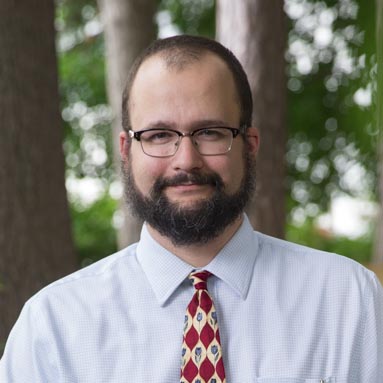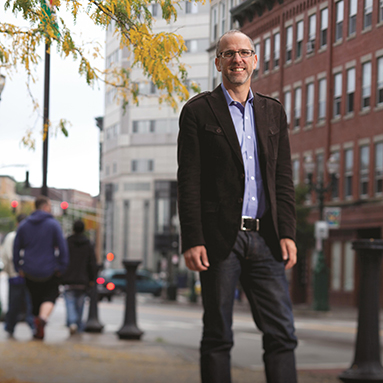Here in the U.S., many of us take clean, working toilets for granted, but in some parts of the world, easy access to such basic sanitation supplies and services is much harder—if not near impossible—to find. For example, according to UNICEF, more than 70% of the population in Eastern and Southern Africa - approximately 340 million people—have little to no access to soap and water for hand washing or facilities for the safe disposal of human waste. The impacts of such shortfalls are profound; the World Health Organization notes that such basic sanitation services not only reduce the risk of disease and the impact of malnutrition, but also promote dignity and safety, and even boost school attendance.
To help address this considerable challenge, WPI students, researchers, and their partners are working to bring more adequate and dignified sanitation to Ethiopia at a reasonable cost. Through a five-year, $900,000 grant awarded by the Bureau of Humanitarian Assistance at the United States Agency for International Development and by Catholic Relief Services work is now underway to create a sustainable educational experience, improve the design, and implement WPI MicroFlush toilets—sustainable compost toilets that use handwashing water to flush.
The WPI MicroFlush toilets use a “pour flush” model in which water from the attached sink flushes the toilet when a user washes their hands—saving water while keeping the toilets off the grid, hygienic, and odor-free. The toilets accomplish these surprising feats with two key components—the MicroFlush valve, and earthworms, which can digest and process waste, and through that process simultaneously create valuable compost and fertilizer for farms and gardens in the area.

The sanitation project is part of the new Stephen J. Mecca Lab for Sustainable Development at WPI, which is part of WPI’s Institute for Science and Technology for Development (InSTeD). Mecca was a professor at Providence College who invented the technology that will be used in the toilets. The Mecca Lab brings together researchers from different disciplines and departments at WPI and other institutions, including the director of the lab, Terrence McGoldrick, a Providence College professor and WPI-affiliated researcher.




